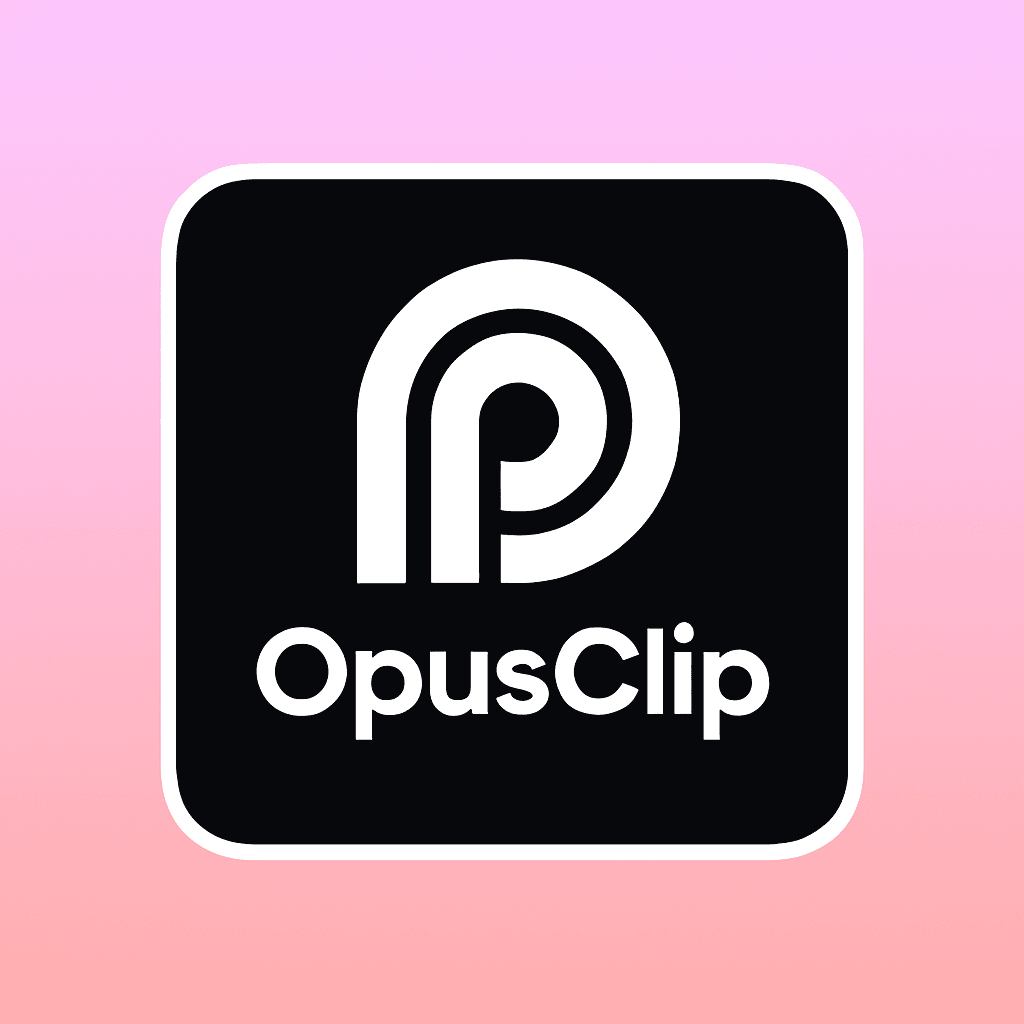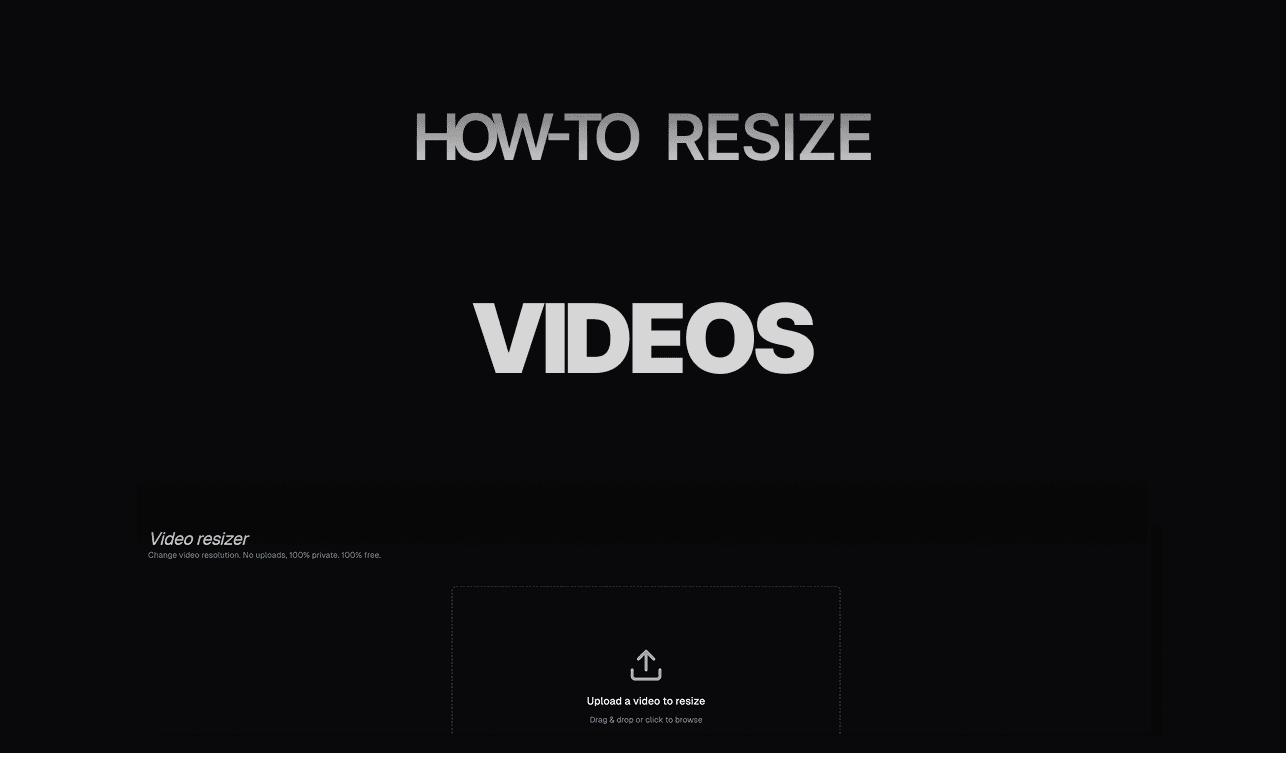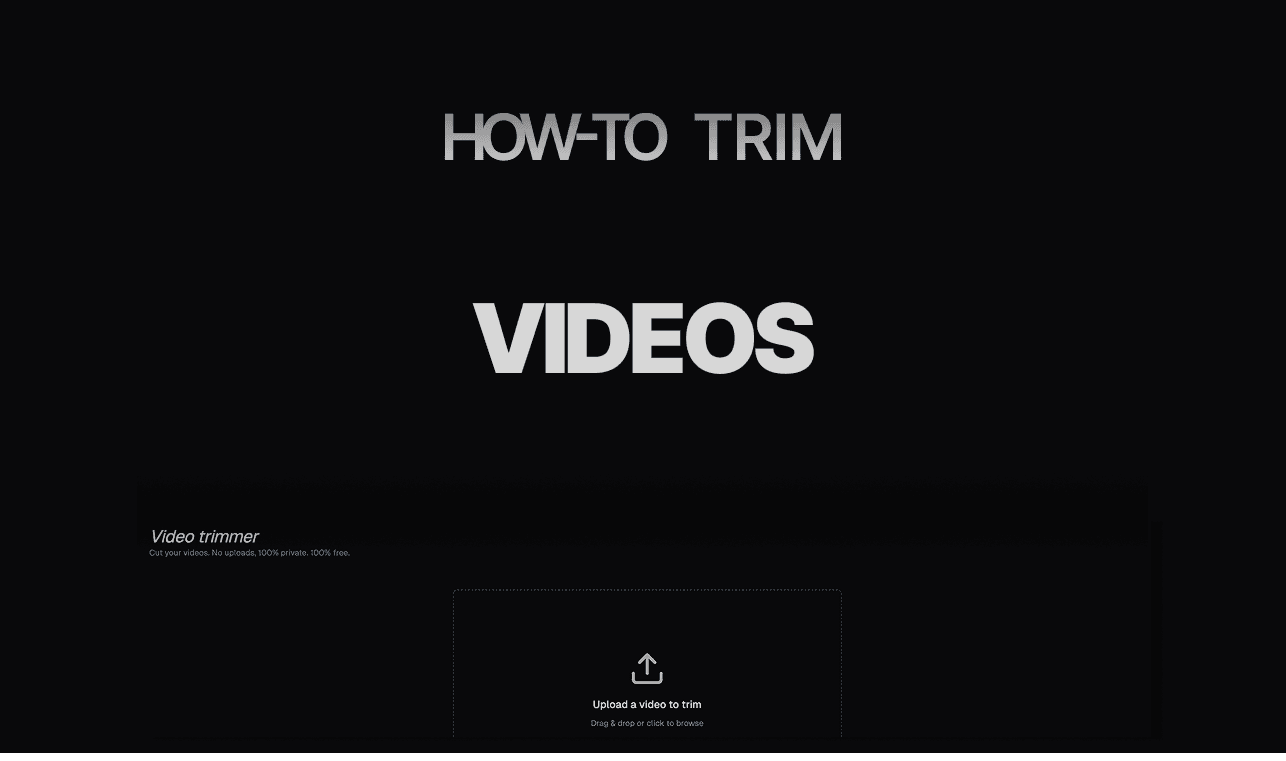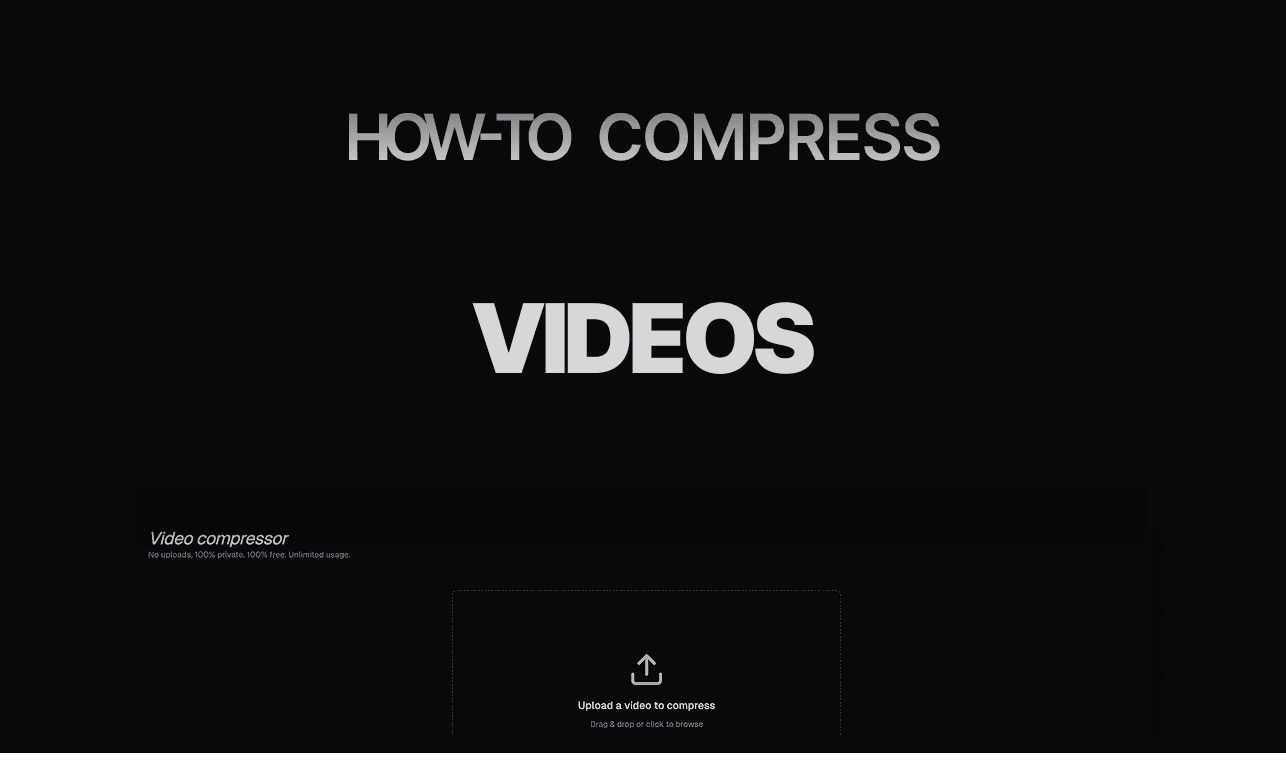How to Use the Opus Pro API to Power Your Clipping Workflow in 2025
By integrating the Opus Pro API into your content systems, you unlock a powerful engine for scaling short-form video creation.

Table of Contents
Introduction
What Is Opus Pro and Why It’s Gaining Popularity for Shorts
Overview of the Opus Pro API
Features and capabilities
Supported output types
Integrating the Opus Pro API into Your Workflow
Obtaining and configuring your API key
Automating clip generation from long-form content
Adding branded overlays and transitions programmatically
Opus Pro API vs. Clippie AI vs. Other Tools
Use Cases for Content Creators, Agencies, and Developers
Repurposing webinars and Zoom calls
Creating course highlights and educational shorts
Batch-processing livestream snippets
Real-Life API Use Examples
Limitations, Pricing, and Best Practices
Final Verdict: Should You Add the Opus Pro API to Your Toolkit?
Introduction
In 2025, content creators are demanding smarter, more streamlined workflows to keep up with the explosive growth of short-form video. Long-form webinars, live streams, podcasts, and courses are goldmines but only when efficiently repurposed for platforms like TikTok, YouTube Shorts, and Instagram Reels. Manually clipping and branding each video is time-consuming and inefficient.
That’s where the Opus Pro API enters the picture:
Automated pipelines let you turn hours of content into dozens of polished, platform-optimized clips
Branded overlays, transitions, and templates can be applied automatically for consistent quality
Batch processing via API frees creators, agencies, and developers to automate entire content calendars
This guide reveals how to integrate Opus Pro directly into your workflow, compare it to competitors like Clippie AI, explore real-life use cases, and decide whether the API belongs in your toolkit.
What Is Opus Pro and Why It’s Gaining Popularity for Shorts
Opus Pro (formerly Opus Clip) is a powerful AI-based video repurposing tool built for clipping long-form content into short, virality-optimized formats.
Instantly identifies engaging moments and high‑PPS (punch-per-second) clips
Adds animated captions in 20+ languages and auto-reframes for vertical aspect ratios
Supports AI-generated B‑roll overlays, virality scoring, and auto-posting to social platforms (GitHub, SendShort,help.opus.pro, submagic.co, polyinnovator.space)
A web UI and now an API access for high-volume creators and agencies (submagic.co)
Opus Pro has carved a niche by making automated, brand-consistent short‑form video production accessible without manual editing. No wonder agencies, publishers, and content teams gravitate toward its API.
Overview of the Opus Pro API
Features and Capabilities
The Opus Pro API (currently in closed beta for large-volume annual-pro clients) offers full control over video-to-clip workflows via REST endpoints:
Video upload endpoint: Supports URL or file uploads, JSON formats like MP4/MOV/WebM
Clip generation trigger
: Automatically detects hook moments and adds captions
Job status polling
: Check progress and credits usage
Clip retrieval: Download clip URLs, metadata, timings, etc.
Brand template management: Upload brand assets like logos and fonts via API (help.opus.pro)
Webhook support: Receive real-time notifications when clips are ready (help.opus.pro)
Limits: Up to 30 requests/min, 50 concurrent projects, 10‑hour duration or 30 GB max video size (help.opus.pro)
Supported Output Types
Vertical shorts (9:16) formatted specifically for TikTok, YouTube Shorts, Reels
High‑resolution MP4 clips ready for publishing
Captioned and branded with templates and overlays
Optional: XML exports for Premiere or DaVinci integration
Integrating the Opus Pro API into Your Workflow
Obtaining and Configuring Your API Key
Access API via Enterprise plan or custom package open beta is available via form request (Opus)
From your dashboard, generate a Bearer‑token-style API key
Ensure you have enough credits and storage space; check rate limits carefully (help.opus.pro)
Automating Clip Generation from Long‑Form Content
POST /api/v1/videos - Submit a video via local upload or public URL
Poll - using GET /api/v1/videos/{video_id}/status until processing completes
GET - /clips endpoint to retrieve clips
Optionally POST /share to distribute clips via built-in scheduler or CMS
This pipeline lets you automate content splitting and fetch clips programmatically, great for repurposing 30+ minutes of content into multiple shorts.
Adding Branded Overlays and Transitions Programmatically
Use brandTemplate endpoint with PNG logo and JSON-defined styling
Customize captions fonts, sizes, colors, positioning
Apply overlay rules and animated transitions dynamically
Combine with consistent messaging for brand cohesion across videos
Opus Pro API vs. Clippie AI vs. Other Tools
Opus Pro API
Strengths
Robust brand and template control via endpoints
On-premise automation for agencies and scale
Ideal for repurposing long-form content with minimal editing
Limitations
In closed beta, high-volume plan required
Rate limits (30 req/min, max 50 concurrent)
Less ideal for native-first formats like quizzes, polls, text-stories
Clippie AI
Offers full pipeline: script → voice → captions → format → publish
Templates for text-stories, quizzes, polls, AI narratives
Built-in monetization overlays & affiliate CTAs
Tailored for creators & faceless formats not just repurposing
Other Tools (Pictory, SendShort, VEED)
Focus on auto-captioning, clip extraction, or basic editing
Lacks branding API, voice voiceover generation, advanced template pipeline
Use Cases for Content Creators, Agencies, and Developers
Repurposing Webinars and Zoom Calls
Upload full hour-long webinars via API
Extract motivational moments for marketing channels
Auto-brand with your company logo and title overlay
Schedule to post via social media integration
Course Highlights & Educational Shorts
Use API to create ‘Key concepts in 60 seconds’ clips
Clone clips with multi-language caption overlay for global reach
Embed in LMS preview or promote via social platforms
Batch‑Processing Livestream Highlights
Automatically detect loud moments, surprise or punchline segments
Quickly generate 30-second recap clips
Streamline repurposing across multiple YouTube channels
Real‑Life API Use Examples
Automation with Opus + Zapier
Reddit user describes:
“Using Opus Clip & Zapier to automate content creation, some things work insanely well” (submagic.co, ClipZap.AI, Reddit)
YouTube upload triggers clip generation via API
Clips downloaded and saved to Slack/Dropbox
Notification sent to the video team or posted to the scheduler
Client Pipeline at Scale
When onboarding a new client:
Upload all raw footage via API
Insert brand template for compliance
Generate 10 clips per video
Automatically schedule posts across platforms
Limitations, Pricing & Best Practices
Limitations to Consider
Beta access only: Enterprise-level commitment required
Request & concurrency caps: 30/min & 50 jobs
Credit consumption: Pay-per-minute of video plan ahead
Language support
: ≥20 languages, but with limitations
Pricing Plans
Free plan: 60 credits/month, watermark, limited export time
Starter: $15/mo, 150 credits, animated captions, scheduling
Pro: $29/mo or $14.50/mo on annual plan; adds teamwork, AI B-roll, multiple templates (Opus)
Business: Custom pricing, API access, storage, security & dedicated support (Opus, help.opus.pro)
Best Practices
Monitor credit usage by tracking the duration of uploaded videos
Respect API limits, retry after 429 errors
Store brand templates centrally for consistent styling
Poll job status efficiently, not in tight loops
Use webhooks to trigger downstream automation (e.g., scheduling, thumbnail generation)
Final Verdict: Should You Add Opus Pro API to Your Toolkit?
✅ Perfect For:
Media agencies managing multiple channels
SaaS tools want native clip generation
Creators repurposing libraries of interviews/webinars
⚠️ Less Ideal For:
One-off or low-volume creators are still in early stages
Face-first, native-first content formats outside shorts/clip repurposing
🔥 Pair It with Clippie AI When:
You need precise creative control
Want voiceover, CTA overlay, and more complex formats
You want fully automated pipelines from script to monetized video
Conclusion
By integrating the Opus Pro API into your content systems, you unlock a powerful engine for scaling short-form video creation. Whether you're an agency, indie creator, or toolmaker, this API speeds up production, ensures consistent branding, and enables true creative automation.
But remember, choose the right tool for your workflow. If your content needs templated formats and monetization overlays, Clippie AI may fit better. Yet, if your need is bulk clipping, brand styling, and repurposing long videos programmatically, Opus Pro’s API is a powerful strategic asset.
Start by applying for API access, building your first upload-to-clip pipeline, testing brand template styling, and iterating on clip scheduling. When it flows seamlessly, your content output will match today’s fast‑paced short‑form ecosystem.
Read more

How to Resize Videos with Clippie AI (2026 Guide)
Learn how to resize videos with Clippie AI to fit TikTok, YouTube Shorts, and Instagram Reels correctly.

How to Trim Videos with Clippie AI (2026 Guide)
Learn how to trim videos using Clippie AI to remove unnecessary parts and improve pacing for short form platforms.

How to Compress Videos with Clippie AI (2026 Guide)
Learn how to compress videos with Clippie AI to reduce file size while maintaining quality for faster uploads.